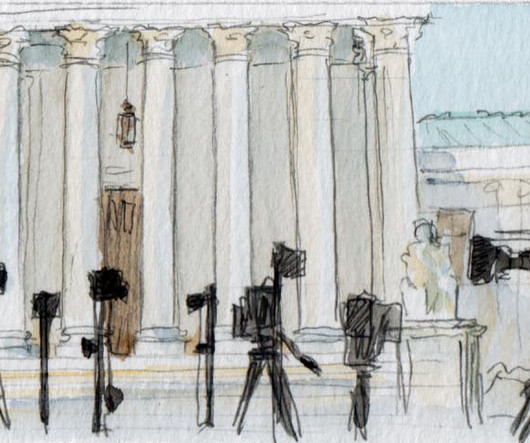The long conference’s relists
SCOTUSBlog
OCTOBER 5, 2023
Abbott involves a long-running series of multi-district litigation cases arising from du Pont’s government-permitted releases of chemicals from one of its plants; because the claims of harm from exposure were varied, the cases proceeded through multidistrict litigation rather than as part of a class action. relisted after the Sept.














Let's personalize your content